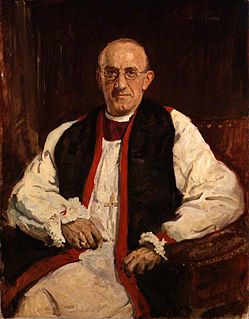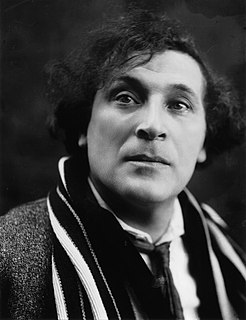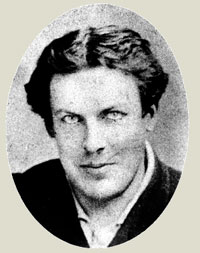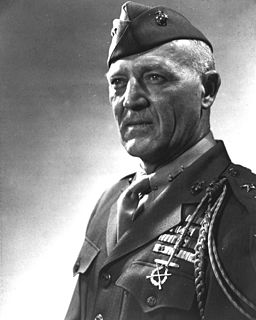A Quote by Geoffrey Fisher
Who knows whether in retirement I shall be tempted to the last infirmity of mundane minds, which is to write a book.
Related Quotes
No one really knows the value of book tours. Whether or not they're good ideas, or if they improve book sales. I happen to think the author is the last person you'd want to talk to about a book. They hate it by that point; they've already moved on to a new lover. Besides, the author never knows what the book is about anyway.
You will want a book which contains not man's thoughts, but God's - not a book that may amuse you, but a book that can save you - not even a book that can instruct you, but a book on which you can venture an eternity - not only a book which can give relief to your spirit, but redemption to your soul - a book which contains salvation, and conveys it to you, one which shall at once be the Saviour's book and the sinner's.
I do not know whether it is the view of the Court that a judge must be thick-skinned or just thick-headed, but nothing in my experience or observation confirms the idea that he is insensitive to publicity. Who does not prefer good to ill report of his work? And if fame a good public name is, as Milton said, the "last infirmity of noble mind", it is frequently the first infirmity of a mediocre one.
In that last dance of chances I shall partner you no more. I shall watch another turn you As you move across the floor. In that last dance of chances When I bid your life goodbye I will hope she treats you kindly. I will hope you learn to fly. In that last dance of chances When I know you'll not be mine I will let you go with longing And the hope that you'll be fine. In that last dance of chances We shall know each other's minds. We shall part with our regrets When the tie no longer binds.
You have to surrender to your mediocrity, and just write. Because it's hard, really hard, to write even a crappy book. But it's better to write a book that kind of sucks rather than no book at all, as you wait around to magically become Faulkner. No one is going to write your book for you and you can't write anybody's book but your own.
My works are dear to me, each in its own way, I shall have to answer for them on the Day off Judgement. God alone knows whether I shall ever see them again. Quite apart from the money which I was going to receive for their sale there (exhibition in Gallery Der Sturm, Berlin June-July, 1914) and it is no small sum.
Will there never come a season Which shall rid us from the curse? Of a prose which knows no reason And an unmelodious verse: When the world shall cease to wonder At the genius of an Ass, And a boy's eccentric blunder Shall not bring success to pass: When mankind shall be delivered From the clash of magazines, And the inkstand shall be shivered Into countless smithereens: When there stands a muzzled stripling, Mute, beside a muzzled bore: When the Rudyards cease from Kipling And the Haggards Ride no more.
Be sure the safest rule is that we should not dare to live in any scene in which we dare not die. But, once realise what the true object is in life ? that it is not pleasure, not knowledge, not even fame itself, 'that last infirmity of noble minds' ? but that it is the development of character, the rising to a higher, nobler, purer standard, the building-up of the perfect Man ? and then, so long as we feel that this is going on, and will (we trust) go on for evermore, death has for us no terror; it is not a shadow, but a light; not an end, but a beginning!





































